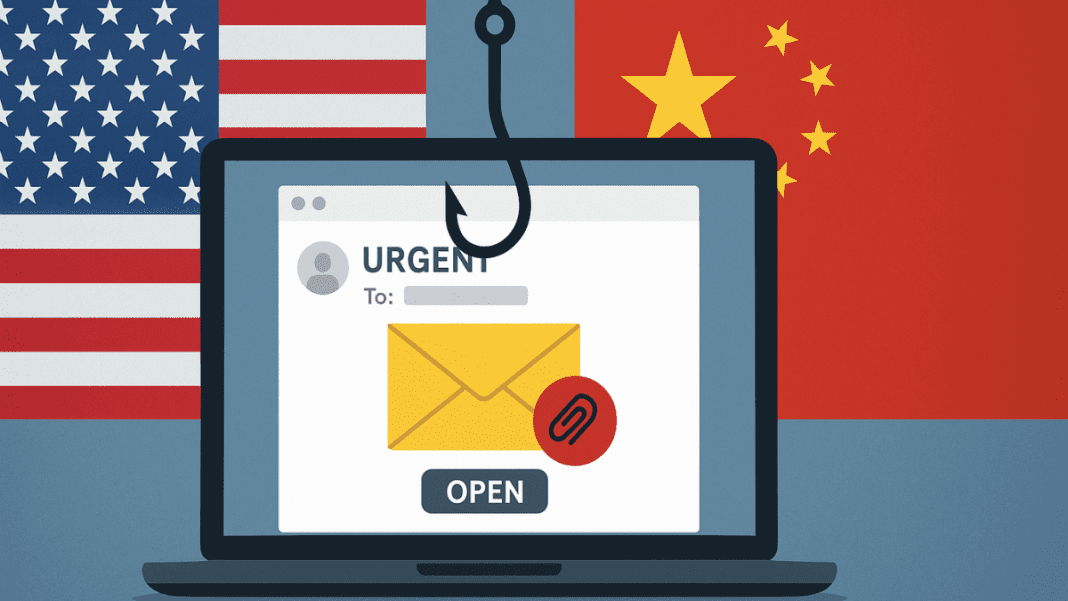U.S. authorities are investigating a suspicious email that carried hidden malware. The email pretended to come from a member of Congress and was sent to trade groups, law firms, and government agencies.
Fake Email Raises Alarming Cybersecurity Concerns
According to reports, the malware was designed to give outsiders a look into sensitive trade talks between the United States and China.
The email appeared in July, right before high-level trade discussions between the two nations. It was carefully crafted to look real, complete with an attachment that seemed like a draft of proposed legislation. The email even included a line saying, “Your insights are essential,” making it look like a normal request for feedback.
But experts say that if the attachment had been opened, it would have secretly allowed hackers to gain deep access to computer systems. This kind of access could expose documents, private conversations, and even strategies related to trade negotiations.
Cyber analysts later traced the attack to a well-known hacker group, often called APT41, which is believed to be connected to Chinese intelligence operations. Investigators are now trying to find out how far the malware spread and whether any sensitive information was actually stolen.
How the Email Was Discovered
The suspicious email came to light when staff in Washington got questions about it. Some people who received the message asked why they were told to review proposed legislation. These unusual questions raised red flags. They led to an internal check.
Soon after, investigators confirmed that the email was fake. What looked like a harmless attachment was in fact loaded with malware that could have put important information at risk. The timing of the attack, just before the trade meetings in Sweden, raised even more concerns.
How Cyber Attacks on Industrial Control Systems Can Endanger Lives ?
Reports say hackers sent the malware email just days before U.S. and Chinese officials extended a temporary tariff truce. That truce was set to last until November, when top leaders from both sides planned to meet at a major economic summit in Asia.
The fact that the fake email came right before these crucial talks has added to fears that the attack was part of a broader campaign to gain insider knowledge of U.S. strategy.
Official Responses and Ongoing Investigations
Authorities in the United States have confirmed they are taking the incident seriously. The FBI stated it is working closely with partners to identify and pursue those responsible for the attack. Capitol Police are also reported to be involved, though they declined to comment on the details.
The Chinese embassy in Washington said it did not know about the reported attack. The embassy added that cyberattacks happen worldwide and are often hard to trace. It also said that China opposes all kinds of cybercrime. The embassy rejected any effort to blame it without clear proof.
Despite the embassy’s statement, many see this latest case as part of a pattern of suspected cyber operations linked to Beijing. Experts point out that such attacks are often aimed at stealing valuable data, gaining insights into rival strategies, or disrupting sensitive negotiations.
Bridgestone Hit by Suspicious Cyberattack as Operations Disrupted in US and Canada
The lawmaker whose name was misused in the email also released a statement. He described the incident as another clear attempt to undermine U.S. efforts and steal strategies. He added that America would not be intimidated by such actions.
Investigators have not said if the malware stole any data. Reports only confirm that the email could give hackers wide access if someone opened the attachment. The probe is still going on. Cybersecurity experts and law enforcement are working together to understand the full attack.





